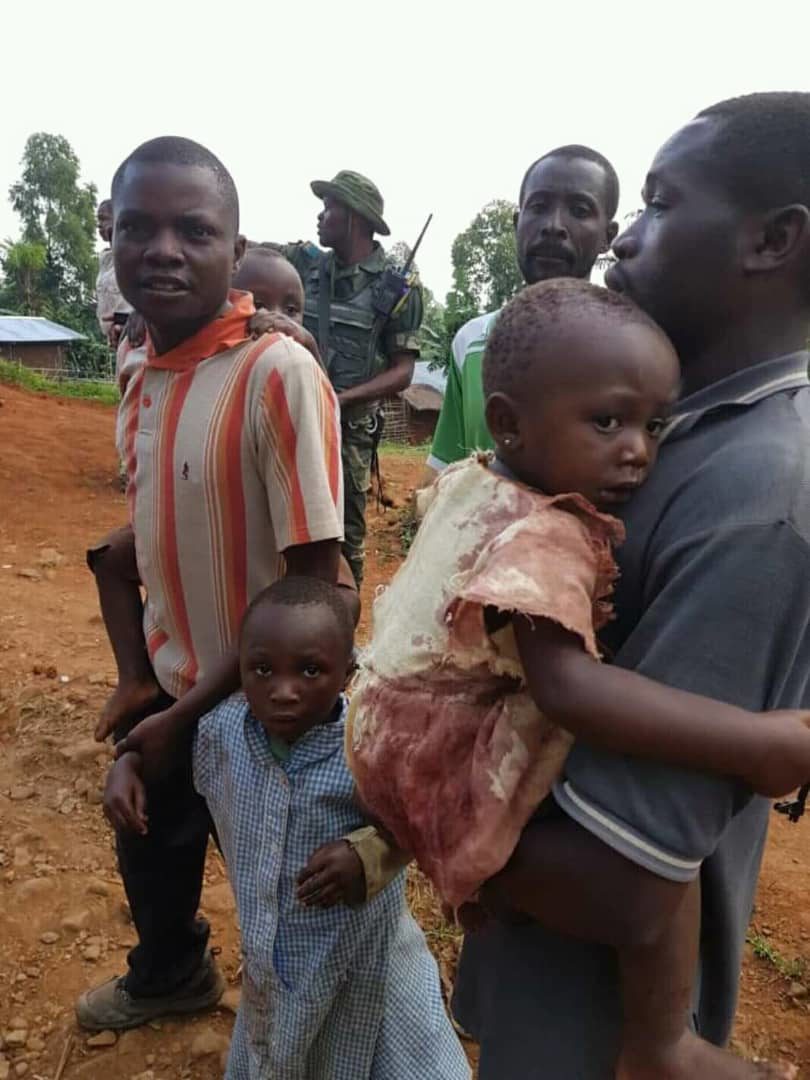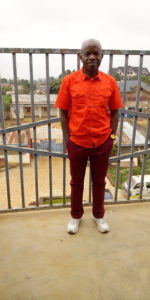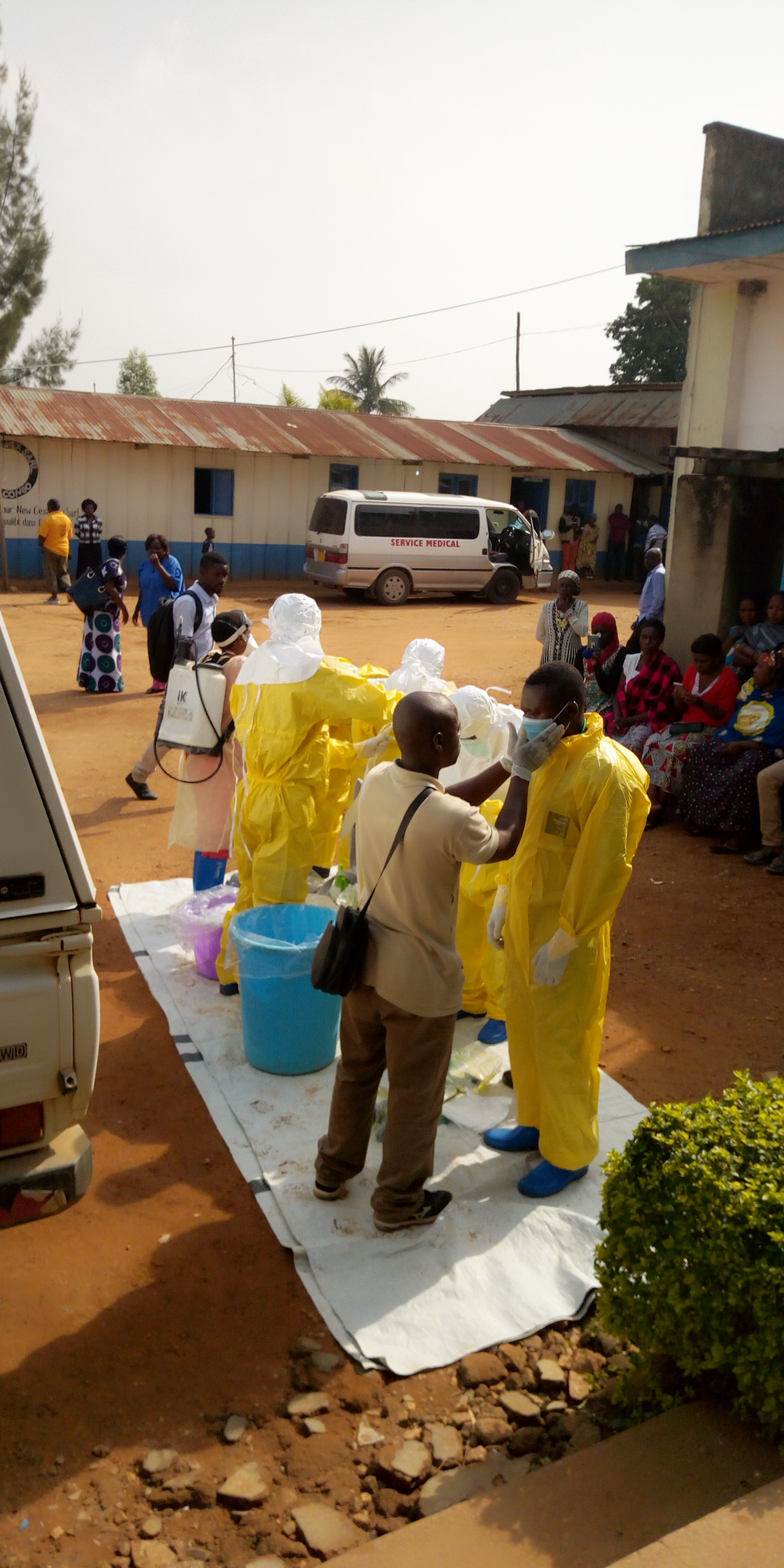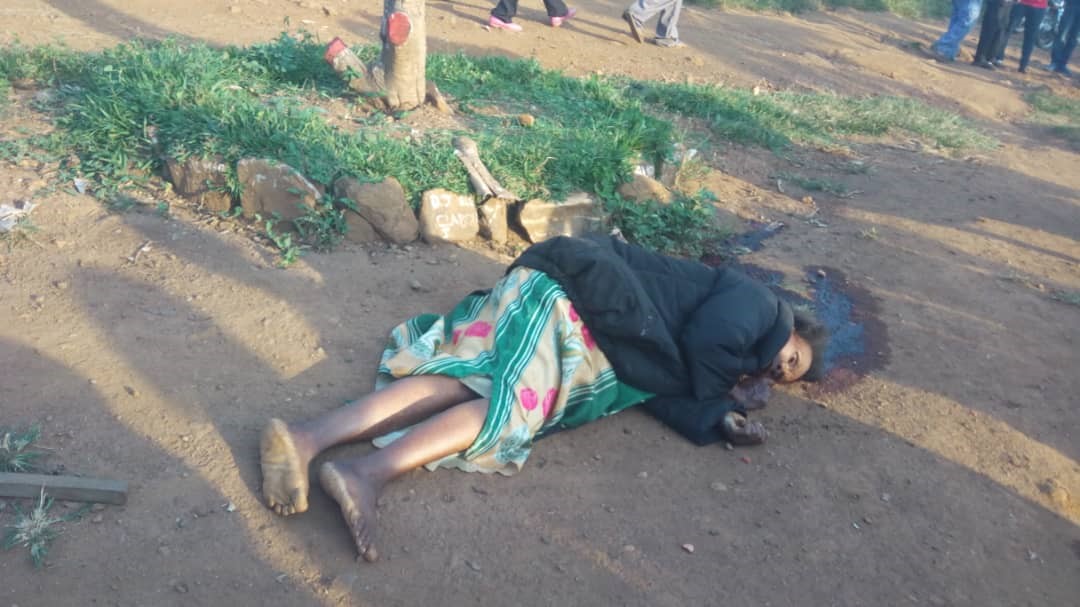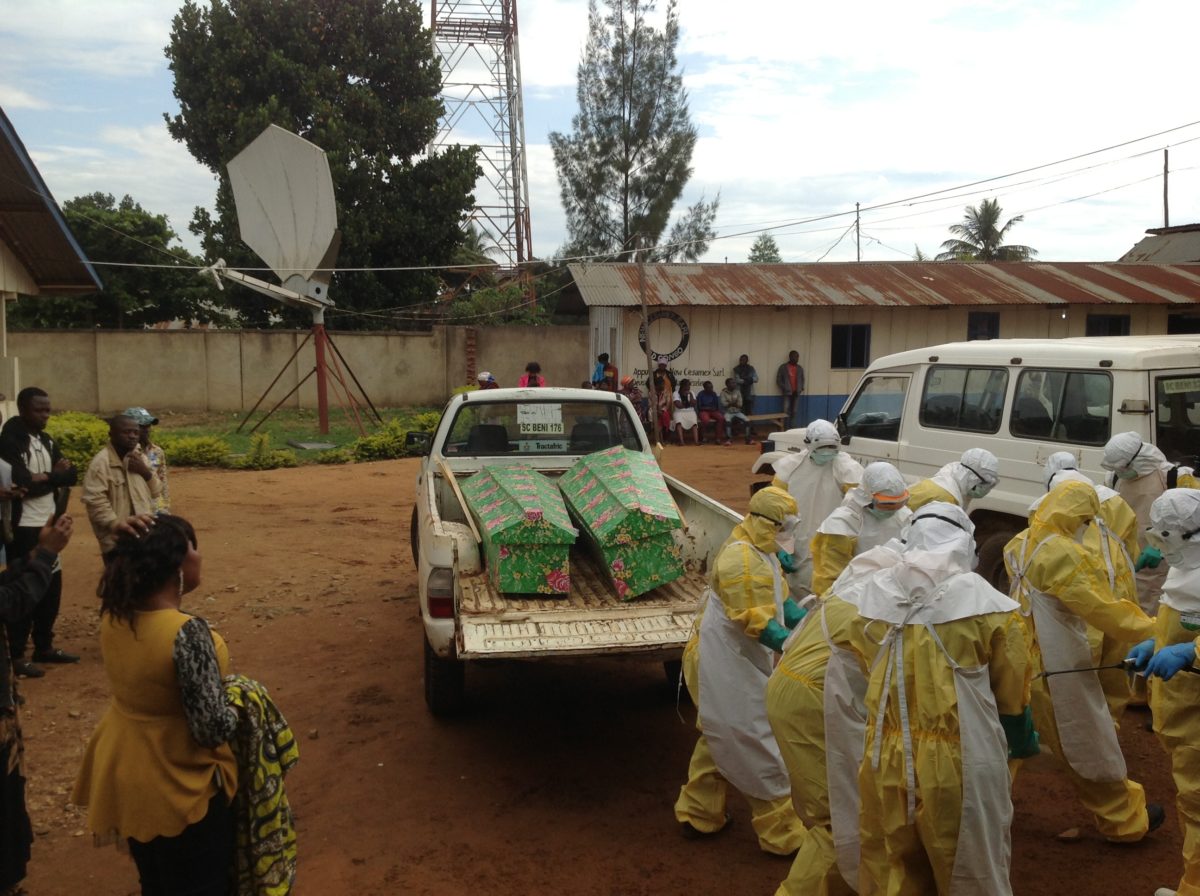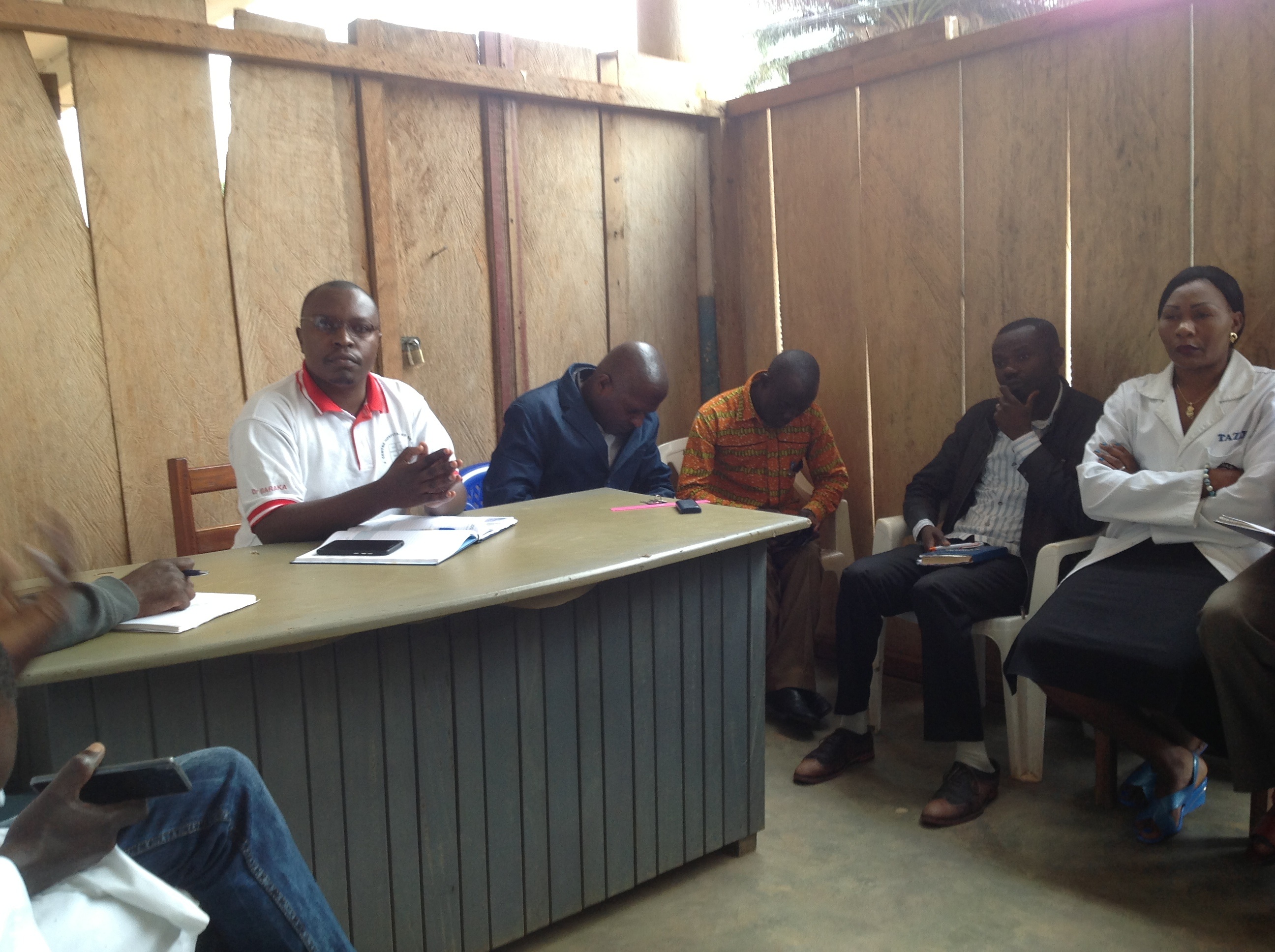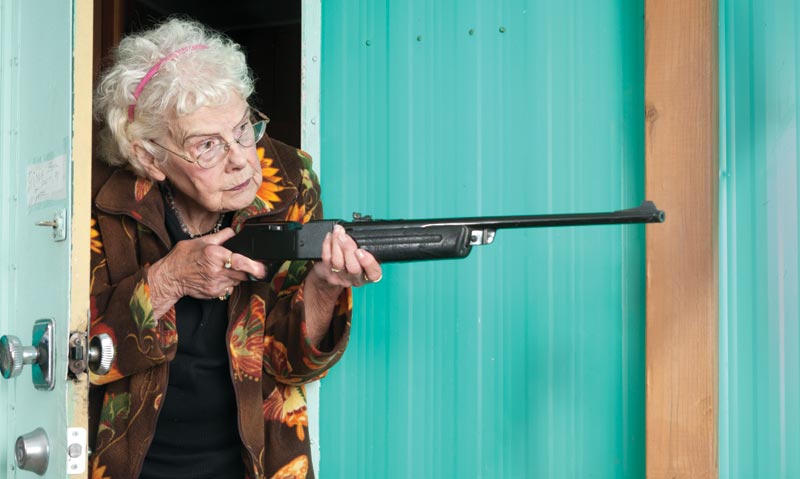Burying the Dead
This post was written by Élie Kasindi Kabululu, an infection control nurse who works in the Democratic Republic of Congo (DRC), where controlling the spread of the Ebola virus has been complicated by conflicts between the military and ethnic militias.
Death surrounds us. We bury those who have died from the Ebola virus and from the continuing conflict, most recently killings by Ugandan rebels.
The Ebola virus has claimed 511 lives in the DRC since the latest outbreak that started in August of 2018. And between January 16th and February 5th, 119 new cases have been reported. A couple weeks ago, we buried a patient who died after being hospitalized for a week in Nyankunde Hospital, a 150-bed acute regional hospital in the northeast corner of the DRC. The patient was suspected of dying from the Ebola virus. Burying patients is never easy but it becomes more difficult when the patient dies from Ebola because the bodies remain highly contagious for a period of time.
The photo shows a team of people who are taking the precautions necessary to handle and bury the corpse. The body was handled with standard precautions with the support of International Red Cross, including providing us with the minimum protective wear and equipment that is needed. However, some members of the team have experienced objections from family members who are concerned about the spread of Ebola and the attacks on body retrieval teams by people who are afraid of contracting the deadly virus.
Once the body was removed, we had to disinfect the hospital. Both the International Red Cross and the World Health Organization provide important assistance in disinfection and have also provided us with new equipment after the burning of equipment that was contaminated by the virus through use on the patient.
All members of our healthcare team have been vaccinated against the Ebola virus and are now taking care of all suspected cases of Ebola with the assurance of having the minimum protective garments and equipment that we need to protect ourselves. This has not always been the case. Early in this outbreak that started in 2018, we had little protective equipment. In addition, many of the workers are not receiving government pay for their work during this Ebola outbreak, despite our hospital being on the frontlines of seeing people from the community with Ebola before sending them to the Ebola Treatment Center.
But this is not the only cause of deaths in our community of Beni. The night of February 7th was another very sad time in our city when the rebels of Uganda, known as the Allied Democratic Forces (ADF) again attacked the city, killing and kidnapping many people. The ADF were forced out of Uganda and moved to the DRC, creating an ongoing conflict in our region. The photos I am sharing are difficult and heartbreaking but they are necessary to raise global awareness of the suffering we are experiencing. The photo below shows the body of an innocent woman who was killed, and the opening photo shows a little girl who was orphaned when her mother was killed. Many people have left their homes and are living in desperation—like Internally Displaced People, without assistance, wandering in the city and worsening the humanitarian crisis. Some are little older than the young orphaned girl.
The conflict has made containment of Ebola much more difficult. Sometimes I wonder how many more I can bear to bury.
[caption id="attachment_14864" align="alignleft" width="150"] Author Elie Kasindi



